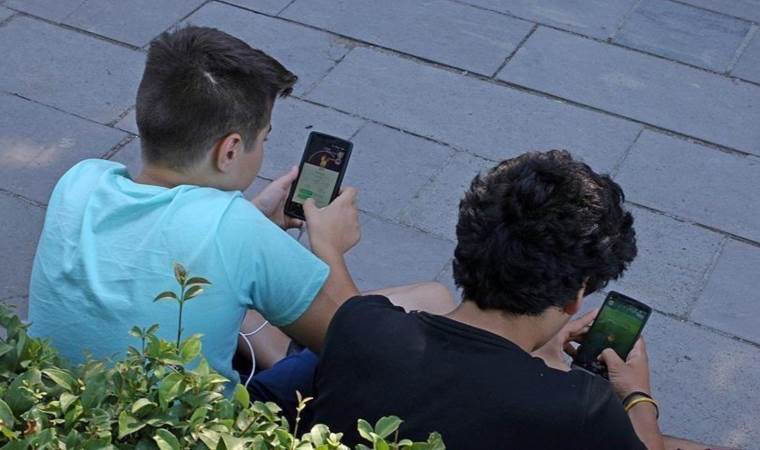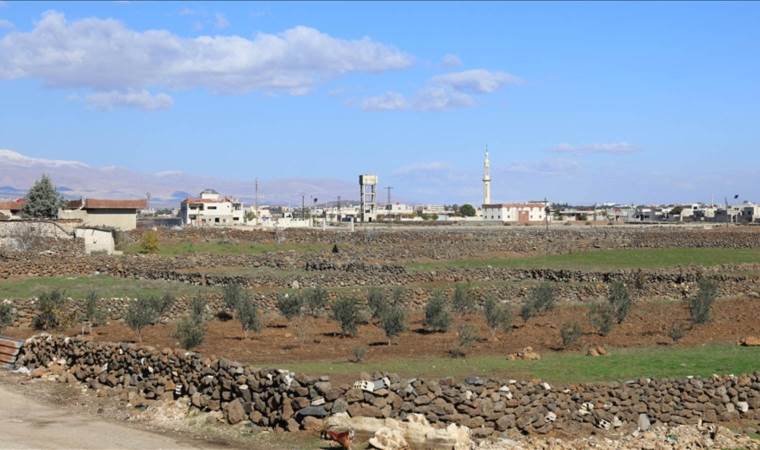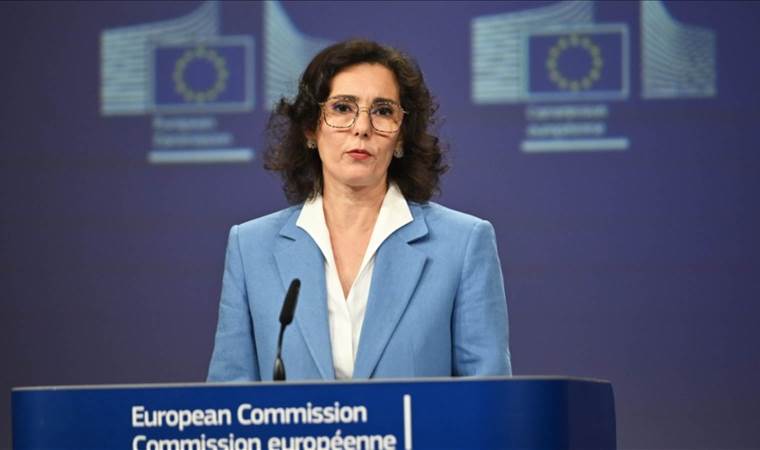Authors Columns of the Day Sport Guest Life All Authors
Science doesn’t need Religion, religion doesn’t need science (1)
2012, to June 2, 2014, I wrote for Aydınlık newspaper. I began writing for Cumhuriyet newspaper on September 18, 2018, with an article titled “Opening My Toolbox.” Between 2014 and 2018, my dear friend and comrade Alev Coşkun proposed me twice to the Cumhuriyet Newspaper Foundation Board. Both proposals were rejected. During that period, as I couldn't write for a newspaper I embraced, I created my own website (özdemirince.com), which is now closed. There, I wrote more freely and in-depth articles that exceeded the dimensions of newspaper articles. These writings will one day become books. The first is ready, titled “Breaking the Mirrors.”
Today, I recommend to you the article "Science Doesn’t Need Religion, Religion Doesn’t Need Science," published on that site on June 5, 2017, as a five-part series. Since the article consists of interrelated sections, they will follow one another. I hope not to disappoint you.
PART ONE
The holy books of religions (the Torah, the Bible, the Quran) are not science (mathematics, physics, chemistry, biology, astronomy, etc.) books; they are moral guides. The contradictory information about the creation of the world in religious texts cannot be scientifically proven against factual information. Questions like "Does God exist?" are absurd. For the devout, neither God (Allah), nor prophets, nor holy books are open to debate. That's true! However, religious leaders render the "indisputable" disputable by inserting scientific meanings and contents into religious beliefs and holy books, which is absurd. Religious leaders should focus on the moral content and purposes of religions rather than trying to produce scientific evidence, but because they lack principles and are sycophants of power and the wealthy, they can't do this. If they could, they wouldn't just say that stealing is a sin; they would point out the thieves in this world.
I don’t know when the claim that "the Quran encompasses everything" began. However, it must have started when the undeniable realities of lagging behind Europe in science and technology began to emerge as a consolation. Another trap is the dogma that Islam is the final religion, Prophet Muhammad is the last prophet, and the Quran is the final holy book, hence the most perfect. Islam might be the last religion, Prophet Muhammad might be the last prophet, but it is impossible for the Quran to contain knowledge beyond that of the era in which it was revealed (or written). Al-Ghazali, who ties the paths of acquiring knowledge to "inspiration," says, “For the Quran is an ocean encompassing everything." And he adds: "O son, by reading sciences like grammar, prosody, poetry, astronomy, rhetoric, medicine, logic, and theology, you have gained nothing but losing your life contrary to God's approval... O son, by studying to acquire knowledge, by examining books, you have stayed up many nights, depriving yourself of sleep. I do not know why you did this. If your aim was to acquire worldly goods, gather its benefits, gain positions, and assert superiority among your peers, shame on you. But if your aim was to spread the prophet’s sharia, to correct your morals, and to control your ego that commands evil, then congratulations to you."
Al-Ghazali’s critical discourse and anti-knowledge stance presented above can be perceived as an effort to keep the public, who have little connection to science, away from it rather than addressing scientists focused on science. It can be said that he tried to keep the public, who don’t need to know much, from engaging in endeavors that might cause doubt in their beliefs and distract them with worldly concerns.
- Dr. Hasan Aydın, Gazzâlî Felsefesi ve İslam Modernizmine Etkileri, Naturel Yayıncılık, 2006, p. 118-119.
- Dr. Hasan Aydın, İslam Düşünce Geleneği’nde Din-Felsefe ve Bilim, Naturel Yayıncılık, 2005, p. 198.
- Ibid, p. 198.
Yazarın Son Yazıları All Columns
Günün Köşe Yazıları
Most Read News
-
 Thailand releases 18 Cambodian soldiers as ceasefire hol
Thailand releases 18 Cambodian soldiers as ceasefire hol
-
 Alcohol tags track thousands of offenders over New Year
Alcohol tags track thousands of offenders over New Year
-
 Finland seizes vessel over suspected damage to submarine
Finland seizes vessel over suspected damage to submarine
-
 France moves to ban social media for under-15s, bar cell
France moves to ban social media for under-15s, bar cell
-
 Russia’s war on Ukraine threatens Europe’s freedom, secu
Russia’s war on Ukraine threatens Europe’s freedom, secu
-
 Israeli forces conduct new raids into Syrian villages in
Israeli forces conduct new raids into Syrian villages in
-
 Russia, Ukraine trade accusations of overnight attacks a
Russia, Ukraine trade accusations of overnight attacks a
-
 US says Lebanese army’s deployment in south ‘critical’ f
US says Lebanese army’s deployment in south ‘critical’ f
-
 EU commissioner warns Israel against blocking charities
EU commissioner warns Israel against blocking charities










